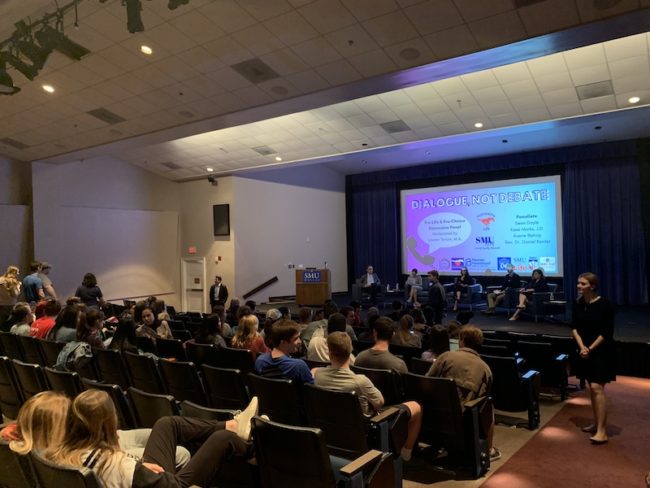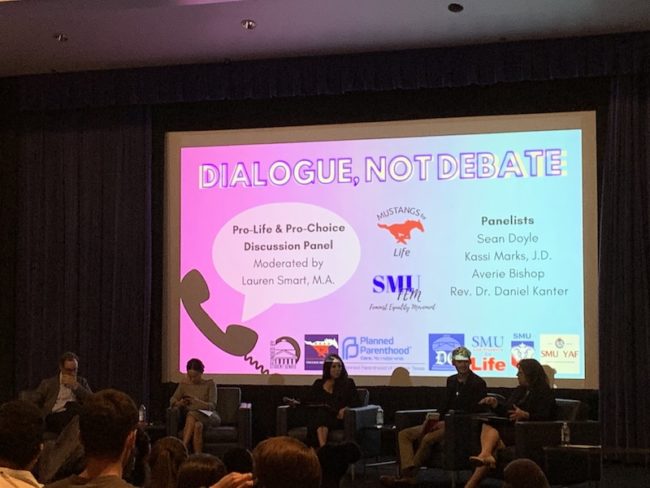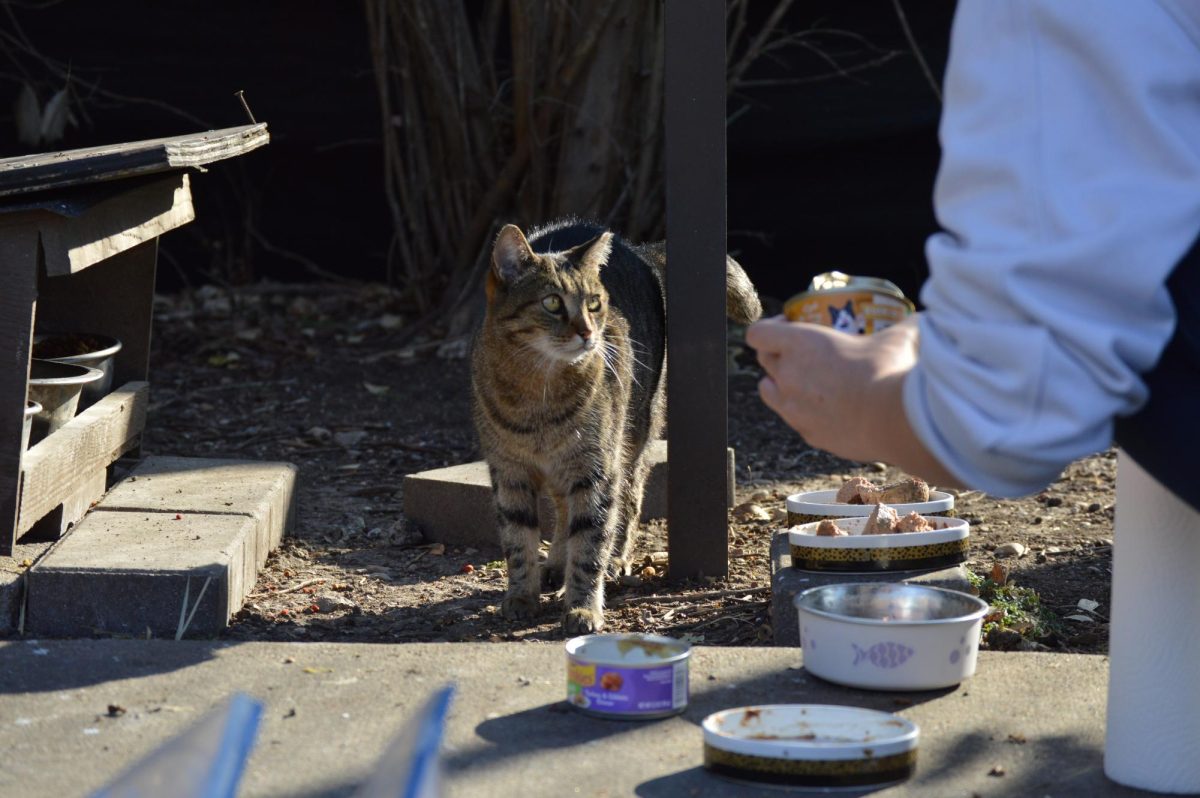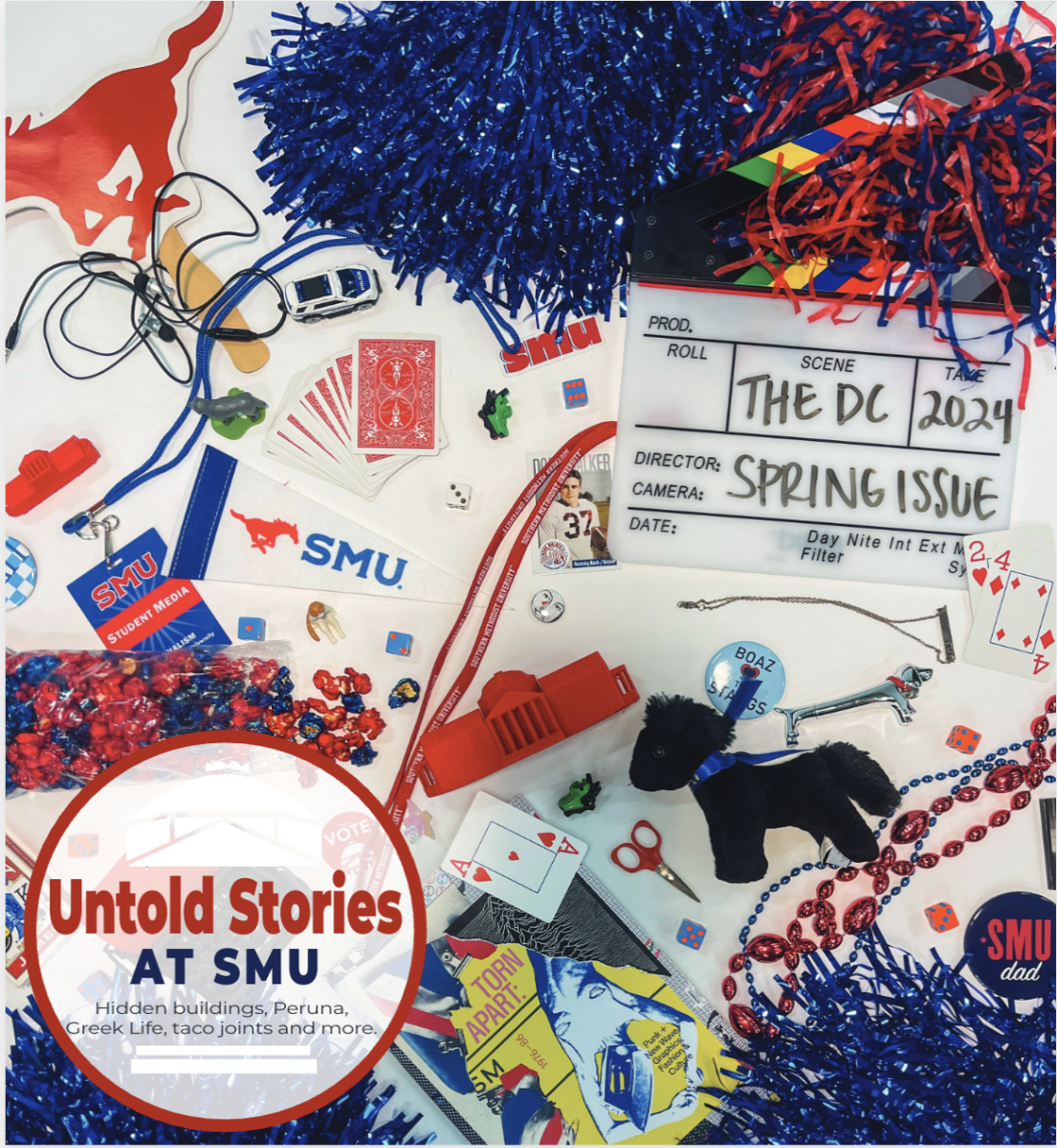Pro-life and pro-choice members of the Dallas community found some common ground on the topic of abortion during Dialogue Not Debate on April 11.
Both sides said that they wanted to prioritize women’s health, increase comprehensive sexuality education and reduce the number of abortions.
“I think we not only have to have fewer abortions, we have to have more agency for women to live their lives and to make decisions about them,” the Rev. Dr. Daniel Kanter, pro-choice panelist, said.
This common ground helped the panelists balance respectfulness and passion throughout their discussion.
SMU student Layal Zalkout appreciated the dialogue’s civility and the well-rounded perspectives of the panel.
“I think that it was a really civil discussion. I’m glad that they brought so many different viewpoints,” Zalkout said. “They brought a reverend and a lawyer and students, so I think that’s really important to have diversity of thought.”
However, these different perspectives created a few tense moments during the dialogue.
The conversation heated momentarily when the moderator, SMU professor and Daily Campus advisor Lauren Smart, asked the panelists what women’s healthcare would be like without abortion clinics.
Averie Bishop, SMU senior and pro-choice panelist, answered the moderator’s question with a graphic description of a woman performing a self-abortion.
Sean Doyle, SMU senior and pro-life panelist, immediately responded.
“I think that was really uncalled for,” Doyle said. “You shouldn’t have said that. I’m sorry.”
Audience members murmured in the crowd as the tension subsided.
Despite that brief moment, the rest of the discussion went smoothly. The moderator’s questions covered topics such as when human life begins, Planned Parenthood’s place in women’s healthcare, when a person receives human rights and others.

The panelists answered the moderator’s questions with personal stories, articles, legislation and religious beliefs.
Kassi Marks J.D., pro-life panelist and attorney, shared her own experience with an unplanned pregnancy to show that there are options other than abortion.
“It’s not how I thought things were going to be. But, does that mean that we do what we can in that moment to stop that thing that just happened,” Marks asked. “Or can we imagine how it might turn out okay?”
Other panelists also agreed that abortion should not be the only option.
Doyle said that support is essential to educating people about their options.
“I believe that what we need is to create a culture where, as I said before, women are supported and loved, where motherhood is celebrated and where people know that they have options,” Doyle said.
Bishop had a different perspective than Doyle in other parts of the dialogue. However, they both agreed that society should appreciate and uphold women.
Bishop later connected the idea of supporting women to make their own decisions to the importance of trusting women.
“This society simply does not trust women yet,” Bishop said. “That’s the unfortunate reality.”
At the end of the discussion, the panel answered questions from the audience.
The questions included current events, such as a bill that would make the death penalty a possibility in abortion cases, as well as compromises that society could make to move forward in its position on abortion.
Students filled the Hughes-Trigg Theater seats, and many of them were here for class or extra credit.
SMU student Aarthi Parvathaneni said that the dialogue was informational and solidified her views.
“I think it just validated my opinions, honestly,” Parvathaneni said. “I enjoyed learning the other side, but I also think that it just made my own beliefs stronger.”
Other students appreciated learning about their options as well as campus support systems.
“Whether you are pro-life or pro-choice, you just need to know your options,” Zalkout said. “It’s also important for women to know that they have a support system, no matter what side that they choose, and they have both support systems here on campus.”















